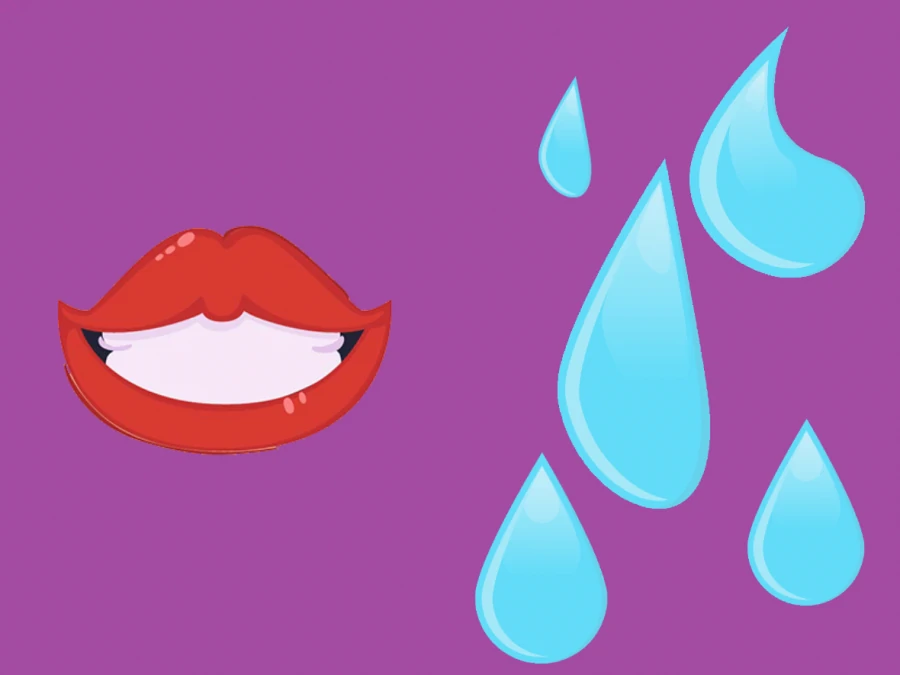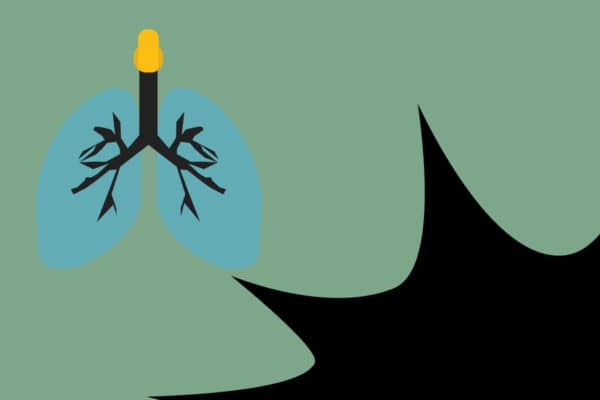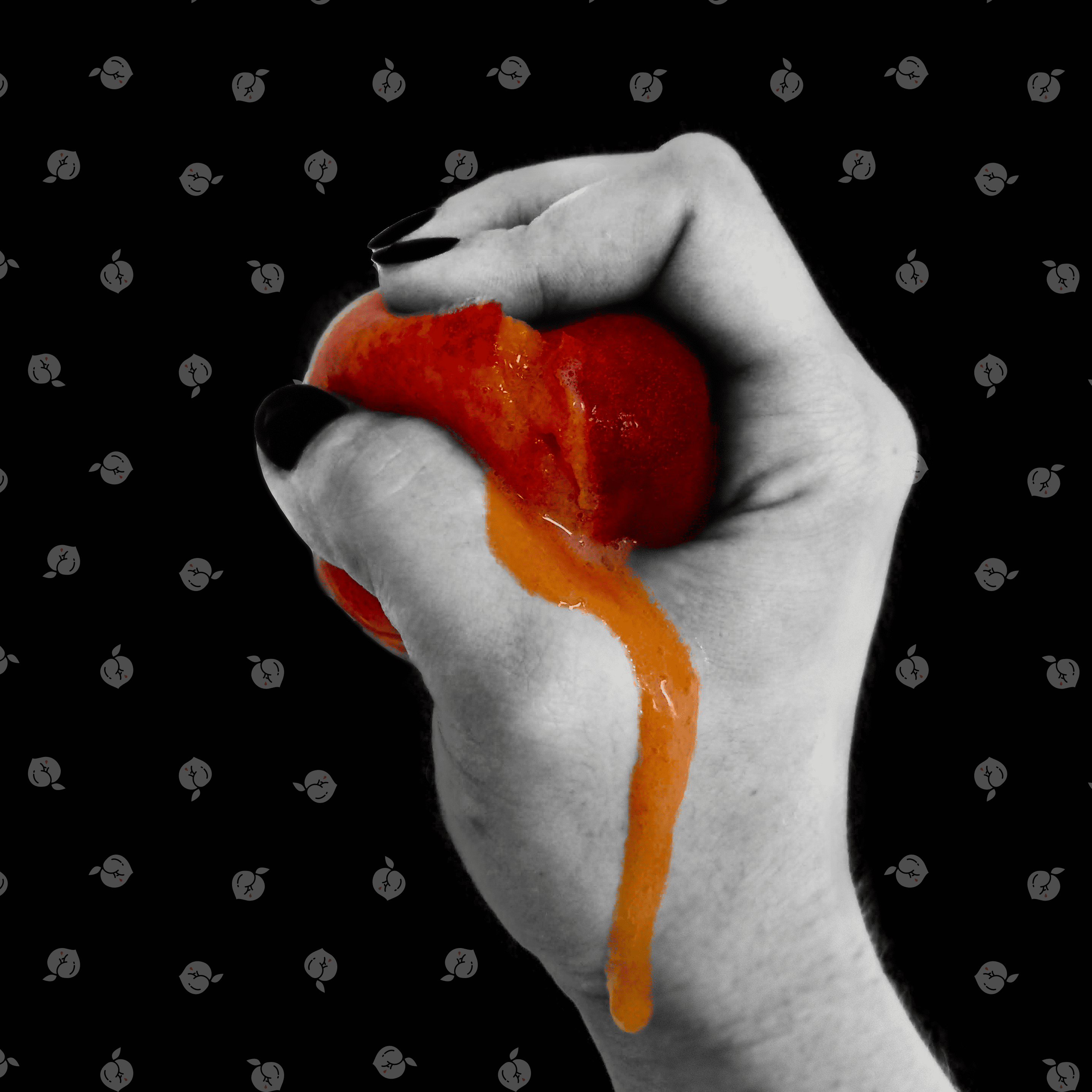Orgasm, laughter, and tears
Sex, emotional connection, heavy breathing, and the highway to orgasm. Then, somewhere right after it starts, I burst out laughing for no reason at all. Everyone asks me what I'm laughing about, but I've literally never had the correct answer. Sometimes it's the itchy sensation all over my body, but my response often comes spontaneously. The laughter that, for a few moments after orgasm, turns into complete sadness.
Sex and orgasm, whether we want it or not, are charged with emotions. What emotions overwhelm us during intercourse or after the big bang depends on the hormones released and how we feel at the moment. The feelings we most often associate with all things sexual are crying, sadness, joy, connection, laughter, shame, and anger.
If the emotions are too strong and are accompanied by a range of physical symptoms, this is called post-orgasmic syndrome (POIS), which is more common in men and, as the name suggests, is closely linked to orgasm. It is a rare medical condition that was only recognized in 2002. It can last for a few minutes, hours, or even days after ejaculation. Symptoms include confusion, severe muscle pain, inability to speak, fatigue, itching, fever, and other flu-like symptoms. To this day, scientists do not know why it occurs, but they have two hypotheses: an allergy to one's own sperm or hormones released in huge quantities during orgasm, including endorphins, which make you feel euphoric. Once the hormones subside, withdrawal symptoms kick in.
The above paragraph proves that orgasms can make a total mess in our minds and bodies. Although orgasm is the climax of sexual intercourse, it is not its final stage. When the explosion between our legs happens, dopamine floods our body, bringing us comfort and relaxation, like the first cigarette and coffee in the morning or a glass of wine after a hard day. But, unfortunately, dopamine works like drugs, meaning from every good hit comes a withdrawal. And it is necessary so that we can get on with the other parts of our lives and maybe not even think about sex for an hour, perhaps even a day. This happens with the help of the hormone prolactin, which knocks out dopamine and quenches our sex drive. Prolactin can release for up to two weeks after orgasm.
After the euphoria, dysphoria sets in. Our bodies can be flooded with sadness, anger, depression, or anxiety. These feelings are not related to the relationship we are in or to a bad attitude toward ourselves. Blame the hysterical crying after orgasm on prolactin rather than on your partner. And you will be correct. After orgasm, emotional tension is released, which can result in crying - we also talk about emotional catharsis. The second reason for tears after orgasm, similar to the first one, is an overload of emotions. The experience you had was too much. Because the brain cannot distinguish between a tremendous feeling of fear or an equal measure of positive arousal, it can make us cry.
On the contrary to crying, anger usually precedes and triggers sex. So-called angry sex is the physical resolution of pressure between two people. It can serve as an expression of aggression, an expression of reconciliation, and a way of soothing a conflict or avoiding pain.
Why does sex after an argument happen at all? Anger acts as an aphrodisiac in certain people, speeding up heart rate, and raising blood pressure and testosterone levels, a hormone linked to sexual arousal. It is popular among people because it is sex charged with emotions and adrenaline, which makes us push past our limits and fears about sex. Also, dopamine, oxytocin, and serotonin are released during sex. The combination of all three arouses the connection between partners and makes our brains happy. Oxytocin is also thought to help us improve our psychological stability, which is why some conflicts are easier to resolve after a good dance between the sheets, even though we may feel embarrassed by the stunts we have performed during sex.
If tears follow orgasm and anger leads to sex, laughter comes somewhere in between, which is disturbing for some people who think that innocent laughter is a sign of mockery of their actions and body. But in reality, it is none of those things. Laughing during sex (thank God) expresses happiness, comfort, and relaxation. At the same time, it can also be an expression of nervousness. But for me, as I said at the beginning, sometimes the reason lies in too much good stimulation, and I can't help laughing.

















-0 comments-